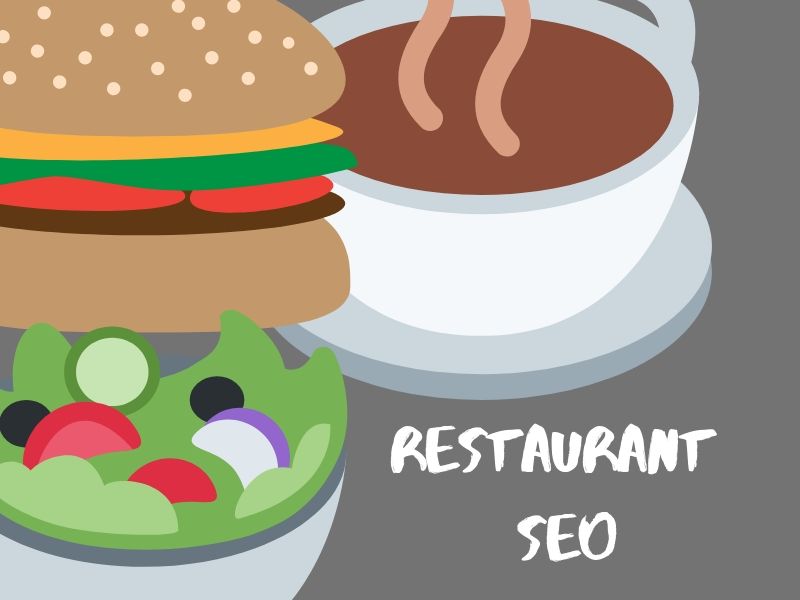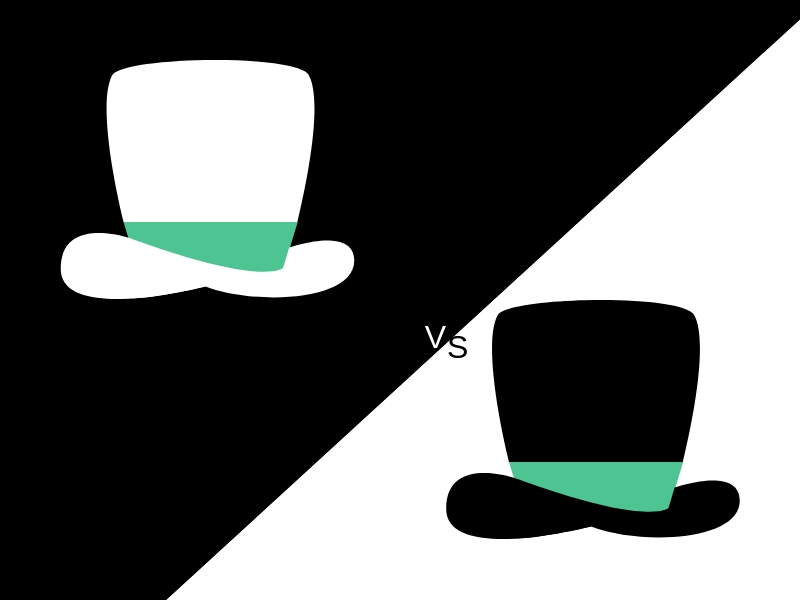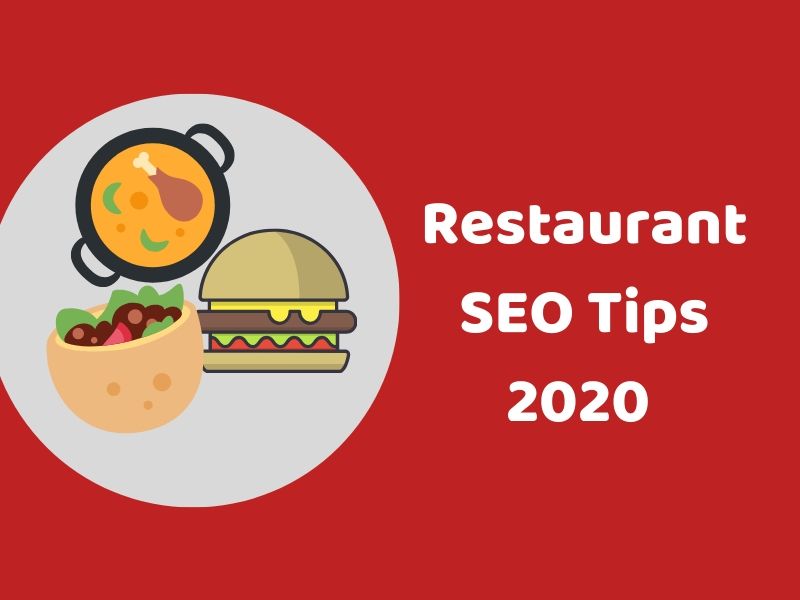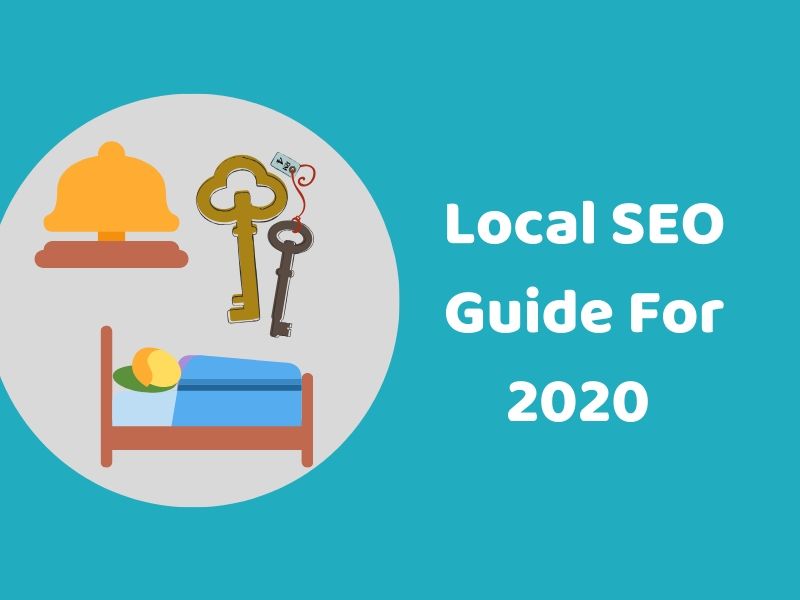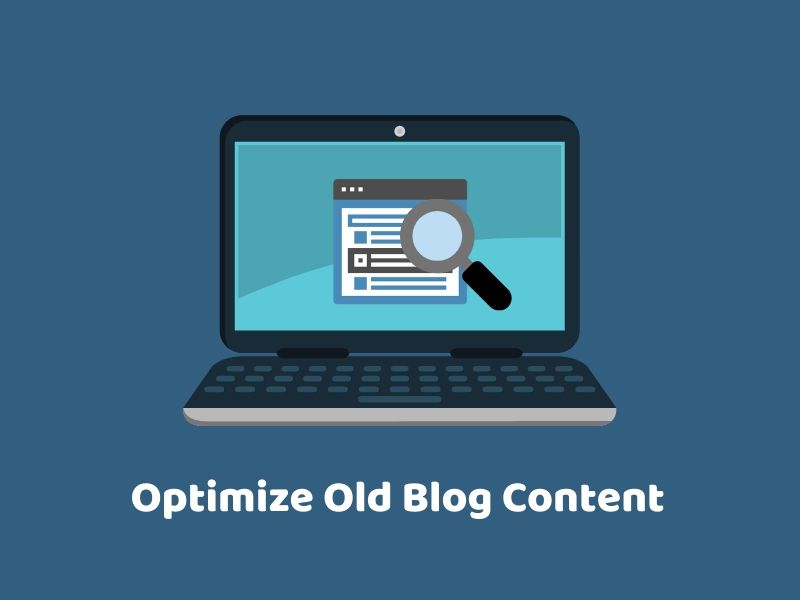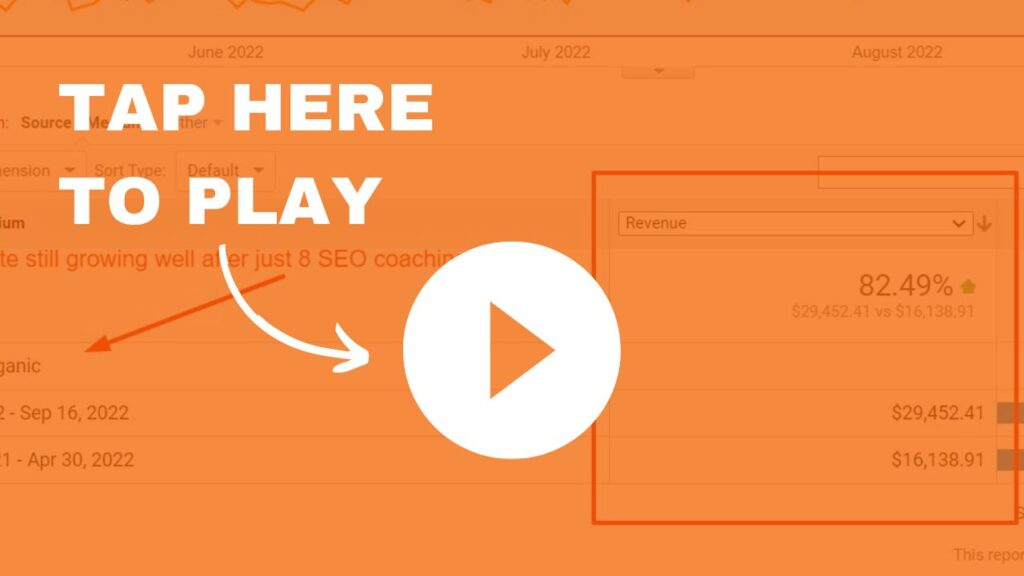How To Recover From Google Updates (Scientifically)
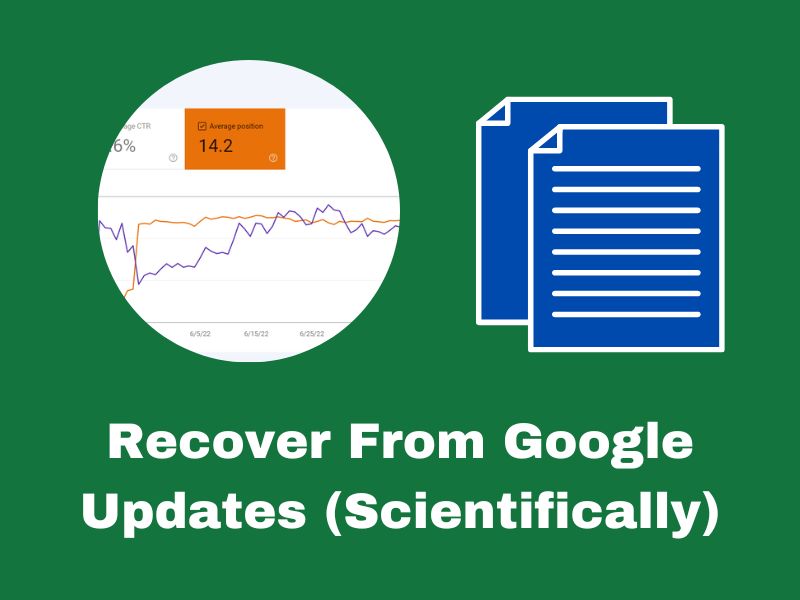
For the past 1-2 years, Google has been releasing lots of known and unknown algorithm updates, and every single day, it just getting more and more random and unreasonable.
I’ve seen it all the time in multiple Facebook groups where innocent SEOs, though they have done everything “high-quality” and yet still got hit by these algorithm updates.
And as much as you want to know what happens in every update, I believe that it is a waste of time as the truth is, no one really knows what happens in each update. 95% of the algorithm is now based on machine learning, which mixes and matches multiple signals and factors and even comes up with new combinations to rank different websites for different keywords.
But it doesn’t mean there’s really nothing you can do about this. Based on my own experience working, spending countless hours on multiple websites and performing hundreds of tests + studying how machine learning and AI work, I’ve been able to come up with some simple steps you can take to recover from any Google algorithm updates.
Why Sites Get Hit By Algorithm Updates
As mentioned above, no one really knows what happens in each algorithm update. But based on my experience working on hundreds of websites, the 4 reasons why sites get hit by Google updates are:
1. There’s something horribly wrong with your technical aspects
The first step is to check if there’s anything wrong with your website’s technical aspects. Things like a huge quantity of 500x errors, robots.txt issues, and bloat index (when there are too many low-quality pages indexed compared to high-quality pages) are the top 3 technical issues.
Technical SEO isn’t as important as on-page and off-page, but certain things can prove to be fatal when it comes to crawling and indexing web pages.
2. No proper off-page and branding strategies
People tend to think that off-page SEO is just about backlinks. But in reality, Google uses signals like click-through-rate (CTR), brand searches, and online mentions about your entities to help understand what most people think about your website.
So, if you have a poor UX or if people don’t really like your brand, or if you don’t have enough brand and user signals compared to your competitors, you will be considered unpopular or not high-quality enough.
3. Over-optimization
Google hates people trying to game their system. They used to be just penalizing sites with obvious keyword stuffing and high usage of keyword anchor texts.
But as SEOs have developed ways to optimize their websites, so has Google. You need to understand that over-optimization isn’t as straightforward or linear as “if I use my keyword anchor text this %, I will get hit”. But it is more like “different algorithms trying to decide if things make sense”.
So, you could be way over-optimized in terms of anchor texts, but if you have good user signals and non-optimized on-page, then you could get away with this.
The same goes for your on-page. If you have certain words above your competitors’ keyword densities, your website is still new, and you have built lots of links in a short amount of time, then you’re considered over-optimized.
4. There’s a huge shift in the keyword intent
Google tries to understand the search intent of every keyword and will try to serve pages that match the intent the most. For example, if you search for “Roofing SEO”, you will see that there are pages that teach you how to do SEO for roofing websites and pages that offer roofing SEO services.
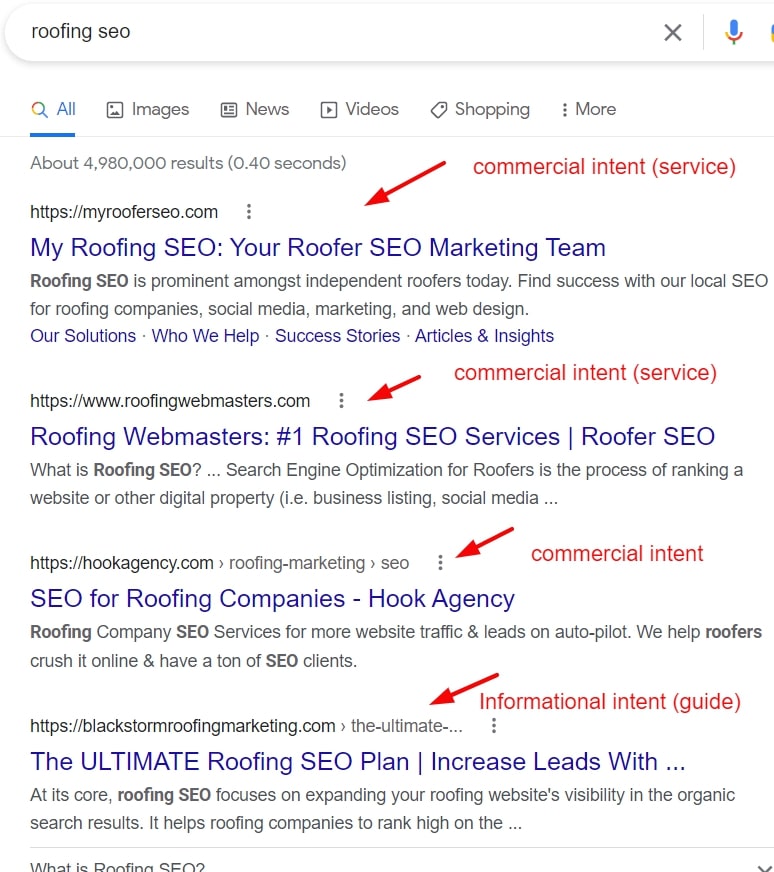
Sometimes, a keyword will have mixed intents (like in the case above) or a single intent. If you used to rank well for a certain intent and now your keyword is full of pages from a different intent, then you know that there’s a shift in the keyword intent.
Getting Hit vs Declines In Performance
In most algorithm updates, you will see a site-wide penalty, which means the majority of pages get hit by the update, especially the core updates, which are notorious for affecting entire websites.
However, there’s one thing you need to keep in mind when it comes to distinguishing between declines in performance vs getting hit by the update.
For instance, here’s the graph of keyword impressions of a site seeing a decline in total performance:
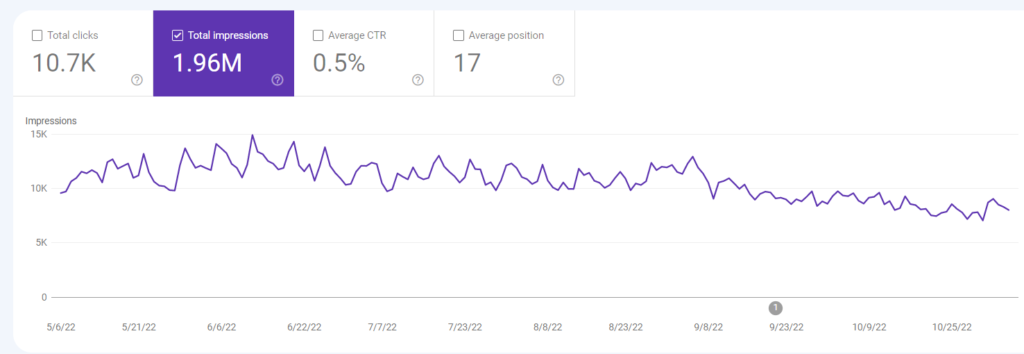
This site didn’t get hit by any update, but just that it has lost its relevancy over time mainly due to the site being neglected or just a change in seasonality.
Whereas in this case:
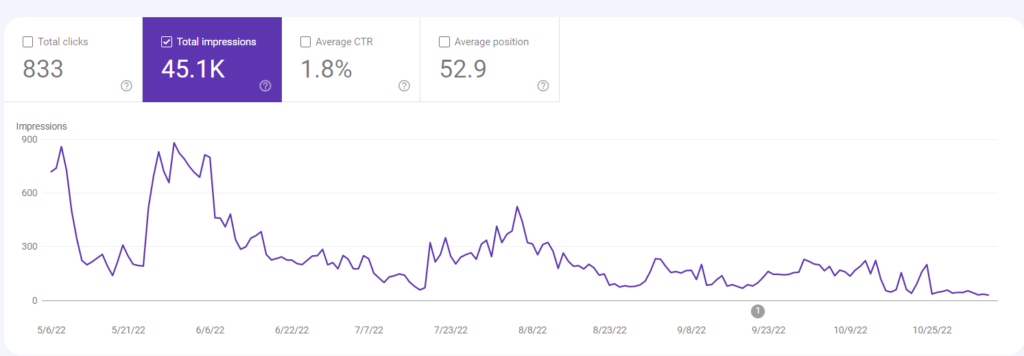
You can see a sharp drop happening overnight or within a short period of time. This is a sign that you are hit.
4 Steps To Recover From Google Updates
Here’s how you can recover from any update, regardless of what it targets:
1. Perform a full site audit
The first step in recovering your website from the hit is to do a full site audit, which includes everything from technical to off-page SEO, and see where you could spot things to improve/fix.
The typical technical audit won’t cut it anymore nowadays as you also have to keep in mind the new nuances of SEO like EAT and don’t forget to look for signs of over-optimization for the on-page and off-page. I’ll be releasing a free complete SEO audit checklist that covers every aspect of modern SEO, so stay tuned.
2. Check your analytics and branding
The next step to recover your site from the algo update is to make sure that people like your website and that you have a positive engagement throughout the whole website. Tools like Google Analytics and Hot Jar can help you identify whether people love your site or not.
Then check to see if your entity is well-understood by Google by simply searching for your brand name and see what sites come up. Ideally, you should see sites like your social media profiles and positive mentions about your brand along with related searches and if possible, auto-complete of your brand in association with the topic of your website.
3. Identify pages that you got hit and check for shifts in the intent
Once you know what things you need to fix and improve on the website and whether your user signals are still good, the next step is to check for any massive shifts in the intent of pages that you get hit.
You can use tools like Google Search Console to compare data using the following steps:
- Open up Google Search Console and view the data for the past 30 days
- Look for pages with sharp drops in impressions right around when the update was announced or you see the reduction in the traffic
- Once identified, do the search for the main keyword of that page and see if your page still satisfies the intent.
- If yes, then move on to the next step, otherwise, make sure to re-write the content first before moving on to the next step.
4. Add in new positive signals for Google to re-process your website
After the above 3 steps are completed, now it’s just a matter of you showing Google that you have a consistent flow of positive signals over a period of time. Don’t worry about what your competitors do as it doesn’t matter.
At the end of the day, you should focus on feeding your site with a consistent flow of positive signals like continuously building strong topical authority through high-quality content, building high-quality backlinks, and making sure to drive good user signals to the website.
After a certain period of time, if you feed Google with enough quantity of positive signals and make sure that your site is free from all the possible errors, the re-ranking process will kick in and the website will eventually be recovered.
How Long Does It Take To Recover A Website From Algorithm Updates?
This depends on 2 factors – 1. whether it’s a core update and 2. how much you need to improve your website.
If it’s a core update, generally speaking, if you do everything right, you will have to wait till the next core update to see a full recovery but in between, you will start seeing gradual improvements over time. Otherwise, it depends on how quickly you are able to fix all the errors on the website and how much of signals you’re feeding Google.
So in a nutshell, there’s really no definite answer as to how long it takes to recover a website from the algorithm updates. But if you are consistent with your effort, you will see improvement eventually.
Need Some Help?
Are you currently hit by any Google updates? Need someone to have a quick look at your website? Don’t hesitate to reach out to me at [email protected] and I’ll see how I can help you out.

![How To Get Out Of Google Sandbox Quickly [Case Study]](https://techjackie.com/wp-content/uploads/2022/07/get-out-of-google-sandbox-fast.jpg)
